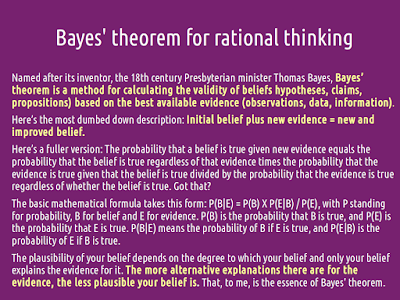PISA sample question: Why I was unable to solve a question?
In a test, it's important to know the thinking process of a student, why a student is able to solve a problem and most importantly why he/she COULDN'T.
If you understand why he/she couldn't do in details, you can address his/her problem and take corrective measure.
TEST QUESTIONS (LEVEL 5)
CLIMBING MOUNT FUJI
Mount Fuji is a famous dormant volcano in Japan.
QUESTION:
The Gotemba walking trail up Mount Fuji is about 9 kilometres (km) long. Walkers need to return from the 18 km walk by 8 pm.
Toshi estimates that he can walk up the mountain at 1.5 kilometres per hour on average, and down at twice that speed. These speeds take into account meal breaks and rest times.
Using Toshi's estimated speeds, what is the latest time he can begin his walk so that he can return by 8 pm?
The answer says 11 a.m., but the problem with me is understanding the question itself.
I didn't know the meaning of trail, so I checked the dictionary, which says a long line or series of marks that is left by something or somebody. So does the question says Gotemba has already walked 9 kilometers? I assumed the same. As walkers need to return from 18 km walk by 8 pm, I thought, he has to only travel 9 km to reach by 8 pm. Also, the question has not given what is the height of the mountain, so I assumed it as 9 km. So, he will walk with speed 1.5 + 1.5 = 3 km/hr for distance 9 km. If he takes 3 km per hour how much time does he needs to take to travel 9 km. It's 3 hours. So I subtracted 8 pm with 3 to get 5 pm.
As you can see, question don't test the ability to understand average speed, distance etc. Even if you are clear about the working of averages, you can't solve it because you didn't understand the question itself.
If you understand why he/she couldn't do in details, you can address his/her problem and take corrective measure.
TEST QUESTIONS (LEVEL 5)
CLIMBING MOUNT FUJI
Mount Fuji is a famous dormant volcano in Japan.
QUESTION:
The Gotemba walking trail up Mount Fuji is about 9 kilometres (km) long. Walkers need to return from the 18 km walk by 8 pm.
Toshi estimates that he can walk up the mountain at 1.5 kilometres per hour on average, and down at twice that speed. These speeds take into account meal breaks and rest times.
Using Toshi's estimated speeds, what is the latest time he can begin his walk so that he can return by 8 pm?
The answer says 11 a.m., but the problem with me is understanding the question itself.
I didn't know the meaning of trail, so I checked the dictionary, which says a long line or series of marks that is left by something or somebody. So does the question says Gotemba has already walked 9 kilometers? I assumed the same. As walkers need to return from 18 km walk by 8 pm, I thought, he has to only travel 9 km to reach by 8 pm. Also, the question has not given what is the height of the mountain, so I assumed it as 9 km. So, he will walk with speed 1.5 + 1.5 = 3 km/hr for distance 9 km. If he takes 3 km per hour how much time does he needs to take to travel 9 km. It's 3 hours. So I subtracted 8 pm with 3 to get 5 pm.
As you can see, question don't test the ability to understand average speed, distance etc. Even if you are clear about the working of averages, you can't solve it because you didn't understand the question itself.







Comments